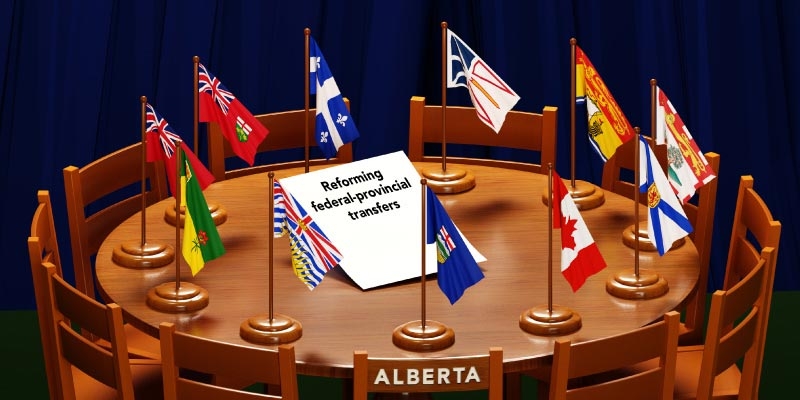Originally published at the School of Public Policy on Apri 1, 2021.
Alberta’s coal-fired political conflagration has revealed a broad and deep anti-coal animus. Polling tells us that about 70 percent of Albertans oppose the Kenney government’s efforts to increase coal mining in the eastern slopes. Contributing to this alliance are those who dislike oil and gas as much as coal. More interesting are those who want Oil and Gas but Not Coal (OGNC) to help drive Alberta’s economy. From the OGNC viewpoint, it’s a matter of cost-benefit analysis: coal mining simply yields fewer economic benefits at higher environmental cost than oil-and-gas production.
Continue reading
